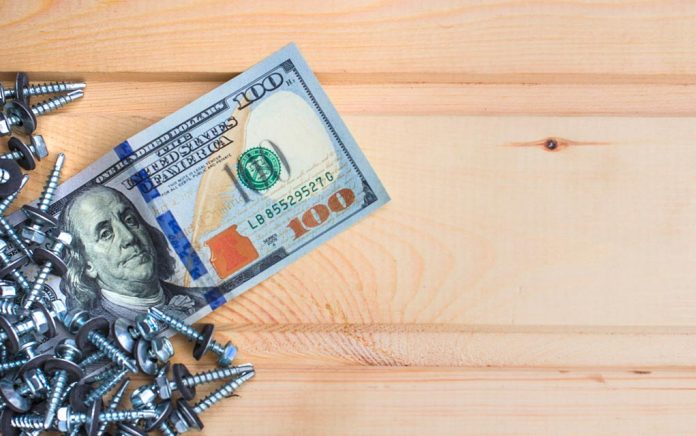
Need to gut your house’s electrical wiring, or maybe repair a foundation? Large-scale home repairs are a massive undertaking; just planning out how you’ll live around repairs can feel impossible, let alone getting the renovation itself completed. We’ll show you how to prepare for the biggest home repair projects well in advance to ease any associated stress in this post.
Proper planning is the key to successfully completing major home repair projects. Be realistic with your goals, find good contractors, work with a budget, and research the materials and equipment needed before you start. We’ll break down these and other strategies for keeping your sanity intact throughout your future projects in this informative post.
Here’s How to Easily Manage Any Massive Home Repair Project
Set Realistic Goals
Figure out exactly what you want from your next set of home repairs. Similarly to going overboard with kitchen refinishes, it’s easy to get swept away in the moment looking at sites like Houzz and Home & Garden Magazine. The reality is that you probably don’t need all of those repairs at once, and some are more valuable than others. Make a plan and stick with it to the best of your ability, especially regarding budget. There will be unforeseen elements, but you can plan ahead for most of them.
Find Good Contractors
A professional contractor who is worth their salt should always be very transparent and informative about what they intend to do, when they’ll do it, and how they’ll ensure quality along the way. If someone can’t answer your questions, pass them over for someone who will. You deserve that information.
Your contractors may discover essential repairs that weren’t accounted for in the original quote or estimate; it’s also possible they may find the real source of an issue unexpectedly. Take their advice into account and defer to their experience when it seems reasonable, but don’t feel like you need to accept everything. Some of those “essential” repairs could merely be how the contractor wants things done themselves, so use your best judgement when giving the green light.
Poor-quality contractors will overstate the importance of minor repairs to convince you to continue spending more money. It’s very possible to discover their ill-intentions, but don’t let them get halfway through the project first. Do your research ahead of time and understand the broad strokes of what your house needs to avoid being duped into spending more than what’s needed.
Work With Your Budget
Planning your finances is your number one priority when tackling huge home repair projects. Determine what you’re able to set aside for them before looking at quotes and estimates. Remember that nearly every project has some kind of hangup or issue along the way; there’s just some stuff you can’t plan for. Set aside a little extra to deal with those issues – you can always spend it elsewhere after if it isn’t needed.
If you’re struggling with affordability, look into home equity loans or lines of credit to get what you need. It’s important to note that there are more restrictions in place for home equity credit lines now, mostly due to the Tax Cuts and Jobs Act of 2017, so you should research how these changes affect you. That said, there is an upside; you can deduct the interest on those funds when you use them for home improvement projects.
If HELCOs won’t work with you, or your credit isn’t the best, you may have other options. Try contractor financing and reverse mortgages instead.
Account for Materials and Equipment
Now that you’ve established a financial baseline, it’s time to dig deeper and look into the specifics. Research the pros and cons of various materials as related to what you need the material for. Kitchen counters are one of the best targets to analyze in this light because they’re available in such a wide range of materials. For example, granite is stunningly attractive, yet so is quartz; the latter is lighter, more functional, and easier on the wallet.
Machinery and equipment significantly raise home repair projects. Most electrical work can be done by the contractor with their own tools, but repairing, say, a foundation, requires significantly more resources. This is also true for items you need to move in bulk, major wall repairs, floor repairs, roof repairs, major landscaping, and large-scale exterior replacements of siding and brick.
There’s nothing more terrifying than a home renovation project that runs off-track and costs you triple your original budget. With a little bit of patience and diligence, you can ensure the most expensive home repairs get completed without major issues. The key is being willing to deep dive into your own research surrounding each of these categories.


















